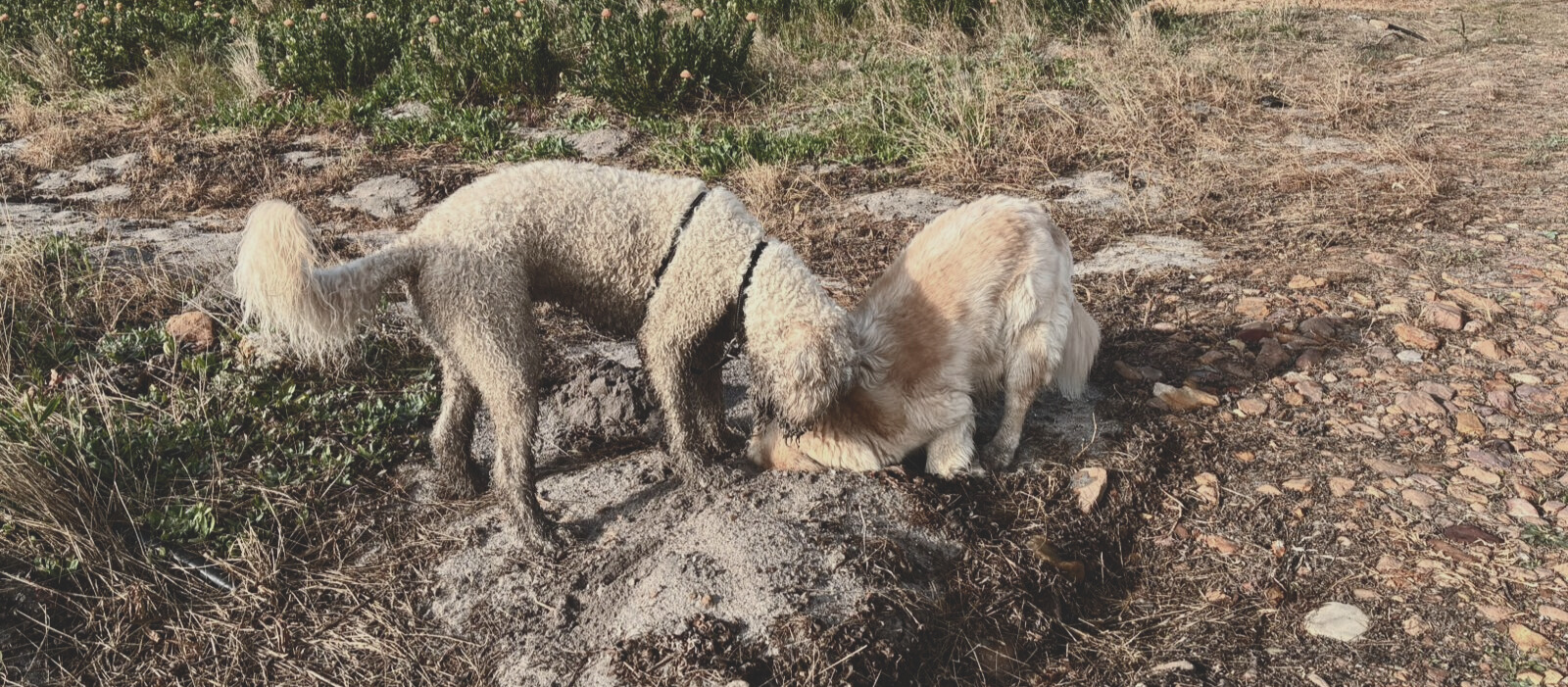The long, long winding road
This is one in a series of pieces dealing with (what I am calling) ‘practical romanticism’ - warm and fuzzy ideas that loom large in the business of early-stage investing that are hard to define precisely, and with which people seem to have relatively poor tools to deal.

Partnership is an effusive concept but hard to define well. When people refer to someone as a great partner, they could be meaning any one of a number of different things, yet at the same time they are saying something very specific about their relationship with the other person.
A colleague of mine once remarked, ‘I would rather be in a ‘sh*t’ asset with great people than a great asset with sh*t people’. I don’t think he knew exactly how profound and much of an impact it would have had on me, though to be clear one would always choose being involved in a great business with great people.
Anyway…
So much of business is about building deep relationships with other people. At the same time, we frequently see business people cross our path who enter into ‘marriages’ with very little thought or investigation into the human on the other side of the table.
I also cringe when I hear investors say they are ‘great partners’ to entrepreneurs; I think because it's so hard for me to be able to objectively and precisely define why I think we are a good partner to people with whom we have decided to go into business, and hence why such statements seem ‘unbelievable’.
In the classical sense of the terminology, partnership and partner synthesise to:
Participate with other people in an endeavor toward a shared objective.
It does not synthesise to relationships which are fundamentally short-term in nature or too transactionally orientated; it's hard to build successfully toward a shared objective if each actor is optimising for their own self interest.

As I reflect on my immediate context and experience, the following elements seem to be foundational to forming successful partnerships:
- Sharing an objective: An investor needs to have a deep interest in the problem a company is trying to solve, or in helping and seeing a founder self-actualise. I don’t think wanting to make money can be a shared objective; it is nigh-on impossible to find the absolute profit equilibrium between the parties, which is zero-sum almost by definition.
- Pulling your weight: Successful partnerships endure for long periods of time and it takes constant work to successfully develop a business. Capital is necessary but not sufficient; only providing capital at a discrete interval is not a sufficient contribution to constitute a partnership.
- Mutual give-and-take: The shared objective of the partnership (or purpose of the company) should supersede the individual interests of the participants; they should be able to measure each other against this objective and be able to hold each other to account.
- Human connection: At their best, partnerships are intimate and intense relationships. Not connecting with a person at a fundamental level would make it very difficult to coordinate with them and find the necessary emotional reward to keep investing into the relationship.
Though subtle it is important to delineate between a ‘partner’ and ‘investor’ as they set-up for very different expectations and likely experiences of reality. They also set up for very different incentive structures that ultimately drive different human behaviour - this is generally where relationships come unstuck in our business.
I am not saying either is superior to the other, just that how they are defined initially are very important, especially as a failure to accurately do this could lead to problems down the road. This is especially true for founders seeking partnerships but who transact with providers only of capital.

For us, few things are as joyous or meaningful as developing a partnership with someone to share an adventure. And even though there are many easier ways to make more money, nothing quite hits like the moment when you know for sure you have connected with a founder as a business partner - the best I can liken it to is that visceral feeling that goes through your hands the moment you connect bat-to-ball to hit it out of the park. I can feel it now as I think of the partnerships I am most proud of (typing out this very sentence). We will certainly chase it for as long as we can.
